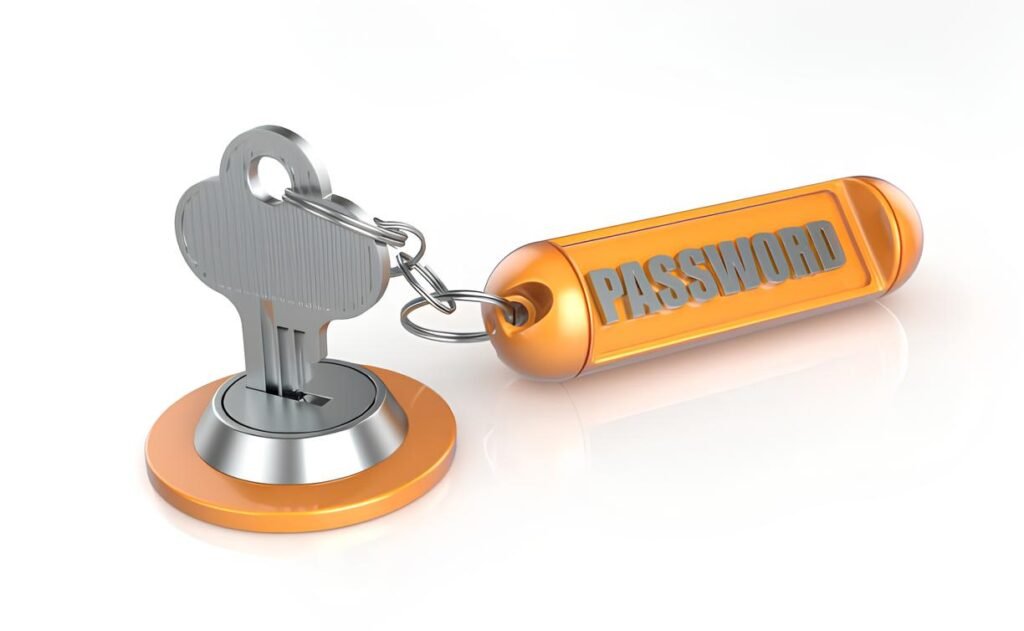Why Your “Secure” Password Generator Might Be Predictable
Imagine you’ve just followed the advice of every cybersecurity article out there: you generated a complex, “secure” password using an online password generator. You breathe a sigh of relief, convinced your new password is invincible. But what if it’s actually easier to guess than a simple pet name? It sounds counterintuitive, but the truth is many “secure” password generators are sneakily predictable. That means your fortress might have a back door you never knew existed.
It’s a reality that often catches even the savviest users off guard. Why? Because security is not just about length or complexity—the source of randomness and how passwords are generated play critical roles. Let’s explore why some password generators might be giving you a false sense of security, and what you can do about it.
In This Article
The Illusion of Randomness
When we think about a secure password, the immediate assumption is that randomness equals security. And in an ideal world, a password that’s truly random is difficult to crack. However, many password generators do not produce fully random outputs; they produce pseudo-random passwords based on algorithms that might be easier to predict than you realize.
For instance, if a generator uses a limited pool of characters or predictable seed data (like the current time or browser info), the “randomness” declines sharply. That can create patterns an attacker might detect, converting your “uncrackable” password back into a guessable one.
How Password Generators Work
To understand where password generators go wrong, it helps to know how they generally operate. Most generators rely on algorithms called Pseudorandom Number Generators (PRNGs). These algorithms use initial input called “seeds” to produce sequences that look random but are deterministic at their core.
Why does this matter? If an attacker figures out the seed or the algorithm’s logic, they can recreate the generated password list. For example, some popular programming languages use PRNGs without sufficient entropy, making the output vulnerable.
A Closer Look at Entropy
Entropy is a measure of unpredictability. Higher entropy means more uncertainty in the output, which is desirable in password generation. Digital systems gather entropy from sources like mouse movements, keyboard timings, or hardware random number generators. Without enough entropy, passwords are less secure.
Common Pitfalls in Password Generation
The internet is awash with password generators, but many share weaknesses that can compromise your password’s strength.
- Limited character sets: Some generators only use letters and digits, excluding special symbols, which reduces complexity.
- Reuse of seeds or algorithms: Using the same seed values or non-cryptographically secure PRNGs can generate predictable sequences.
- Short password length defaults: Many generators default to 8 or 12 characters—too short for today’s threat landscape.
- Client-side generation flaws: Passwords generated solely by JavaScript in browsers may use weak entropy sources.
- Overreliance on pattern templates: Some tools create passwords from fixed structures (e.g., word-digit-word) which attackers can tailor guesses around.
Using passwords generated by weak or poorly designed generators puts your accounts at higher risk—even if the password looks complicated.
Why Predictability Is Dangerous
Imagine hackers exploiting predictability tools to narrow the password search space. Instead of brute forcing billions of random characters, they use smarter attacks targeting predictable generators.
This includes:
- Dictionary attacks: Guessing passwords constructed from known patterns of words and numbers.
- Seed recovery attacks: If the seed or generation method is discovered, the entire batch of generated passwords can be computed.
- Rainbow table attacks: Precomputed tables of hashed predictable passwords make cracking easier.
Incorporating guesswork into a password can make your account more vulnerable than using even a longer passphrase with natural randomness.
Real-World Impact
Data leaks show many users still rely on passwords generated from trendy online tools that re-use character pools or fixed patterns. This leads to exposed credentials in bulk breaches, even on accounts managed with password managers, underscoring that a strong password needs a solid foundation.
What to Look for in a Secure Generator
Not all password generators are created equal. To truly protect your digital identity, consider generators that offer:
- Cryptographically Secure Pseudorandom Number Generation (CSPRNG): These use secure sources of entropy and provide outputs that are robust against predictive attacks.
- High entropy input sources: Generators that gather randomness from hardware or trusted system sources are preferable.
- Customization: Ability to include various character types, lengths, and avoid patterns.
- Open-source transparency: Generators with public code let security researchers audit them for weaknesses.
- Offline usage: Clients or apps that can generate passwords without internet access reduce exposure.
Consider using password managers that incorporate built-in CSPRNGs to generate truly random passwords automatically—this minimizes guessable patterns and human error.
Taking Password Security to the Next Level
Generating a secure password is just one piece of a larger security puzzle. Here are some advanced strategies to strengthen your defenses:
- Use a reputable password manager: These tools can handle generation, storage, and autofill securely, reducing reliance on predictable human patterns.
- Avoid password reuse: Even a perfect password generator can’t save you from the fallout of recycled passwords across sites.
- Two-factor authentication (2FA): Adds a crucial layer of security that mitigates risks if passwords are compromised.
- Regular password rotation: Change important passwords periodically to mitigate damage from leaking or compromise.
- Beware of phishing: No password, however strong, protects against credential theft via social engineering.
When to Use Passphrases Instead
For many users, using thoughtfully constructed, unique passphrases—like a randomly combined string of unrelated words—can provide more security and memorability than complex gibberish. The key is unpredictability, not just complexity.
For inspiration on staying anonymous and secure online beyond passwords, explore guides like How to Stay Anonymous on the Darknet in 2025: A Beginner’s Guide. It offers actionable security habits that complement password hygiene.
FAQ
Q: Can I trust any online password generator?
A: Not all are trustworthy. Many online password generators use weak algorithms or limited entropy. It’s best to rely on well-reviewed, open-source tools or password managers with CSPRNG.
Q: Are longer passwords always better?
A: Generally yes, but only if they are truly random. A longer password with predictable patterns is weaker than a shorter one with high entropy.
Q: What makes a password truly unpredictable?
A: A password should be generated using a source of high entropy, with no patterns, repeatable seeds, or constrained character sets to maximize unpredictability.
Q: Are passphrases more secure than random passwords?
A: Passphrases constructed from truly random, unrelated words (ideally generated with dice or similar methods) can be both secure and memorable compared to complex passwords that are more predictable.



